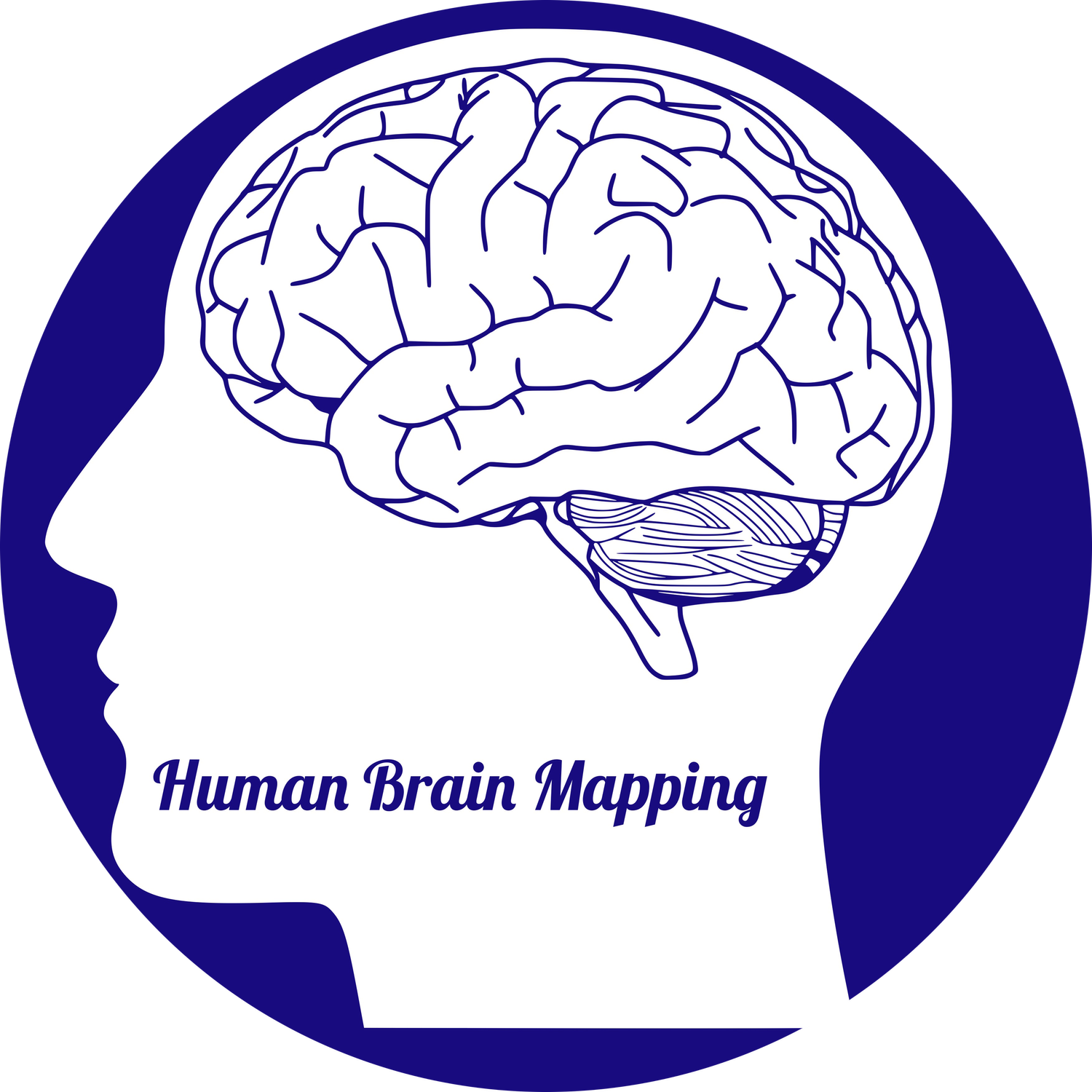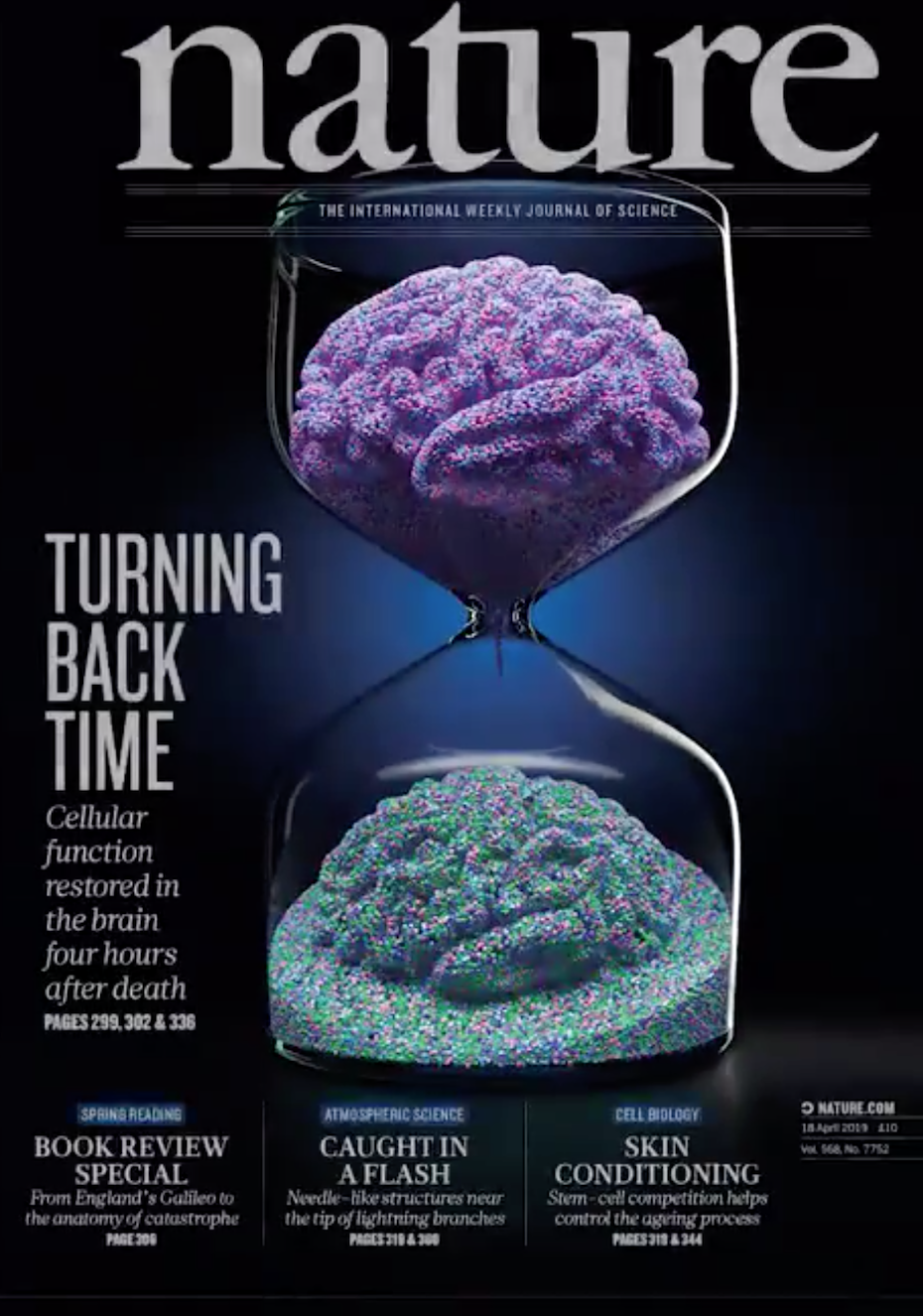Restoration of Brain Circulation and Cellular Functions Hours post-Mortem:
Link to the full article click here
The brains of humans and other mammals are highly vulnerable to interruptions in blood flow and decreases in oxygen levels. Here we describe the restoration and maintenance of microcirculation and molecular and cellular functions of the intact pig brain under ex vivo normothermic conditions up to four hours post-mortem. We have developed an extracorporeal pulsatile-perfusion system and a haemoglobin-based, acellular, non-coagulative, echogenic, and cytoprotective perfusate that promotes recovery from anoxia, reduces reperfusion injury, prevents oedema, and metabolically supports the energy requirements of the brain. With this system, we observed preservation of cytoarchitecture; attenuation of cell death; and restoration of vascular dilatory and glial inflammatory responses, spontaneous synaptic activity, and active cerebral metabolism in the absence of global electrocorticographic activity. These findings demonstrate that under appropriate conditions the isolated, intact large mammalian brain possesses an underappreciated capacity for restoration of microcirculation and molecular and cellular activity after a prolonged post-mortem interval.
This is exciting indeed and though the brain continuously demonstrated isoelectric rhythms the viability as demonstrated otherwise by metabolic measures, histopathological slices and slice electrophysiology is fascinating, to say the least.
Just in case you missed breaking news this week. I am excited to share with you our article in Nature:
Restoration of brain circulation and cellular functions hours post-mortem
a.k.a op. The curious case of a dead brain.
Aside from media buzz and just to be clear this is no where close to be applied in human.
A real a tour de force and fun because
1. It has not been done before and provides a reliable platform for further investigation
2. It demonstrates viability is not binary rather gradable even in the sub-conscious state post-mortem.
3. It reminds of the importance of clinical knowledge/experience even in the most basic lab settings as some of the movements observed were spino-cephalic, medula-cephaic or simply neuromuscular excitability from the severed nerves.
4. I expect that the ethical aspects related to such experiment would motivate work to quantify/grade pain and discomfort based on electrophysiology.
5. It validates previous observations of drug induced isoelectric EEG not incompatible with recovery. It is another reminder why EEG is not a major criterion in evaluation of brain death.
6. Lastly, if familiar with the work of Giovani Aldini and the big Volta/Galvani’s debate - this work is a reminder of the what the humankind is capable of within a short time frame in history.
Hope you enjoy!

